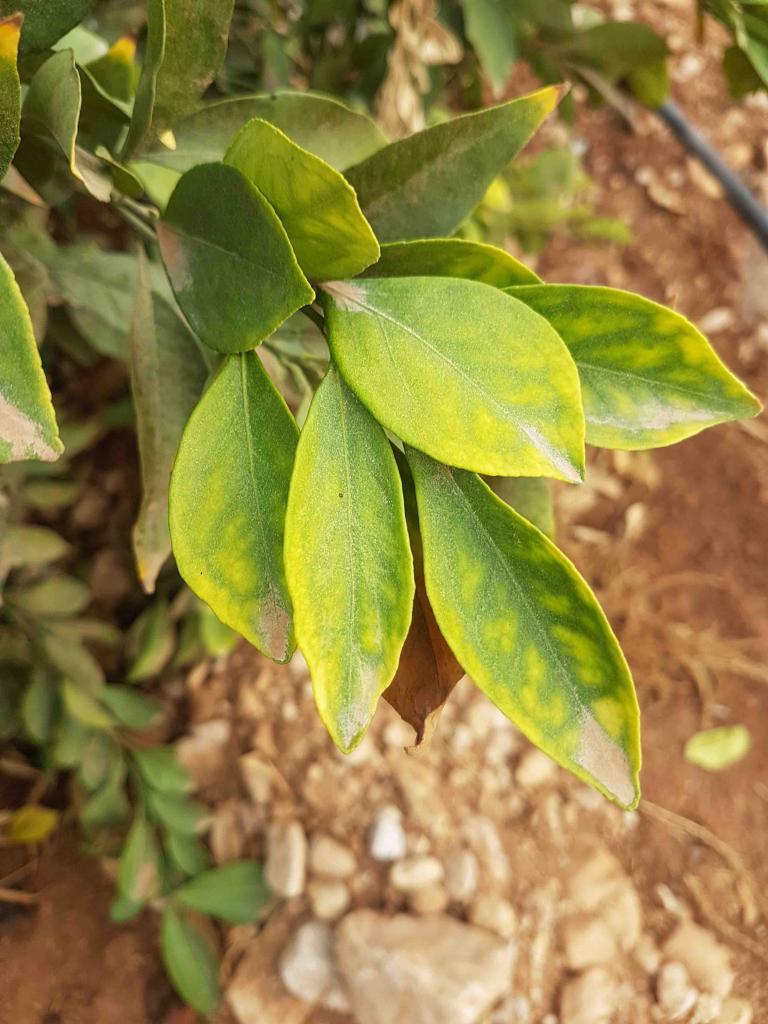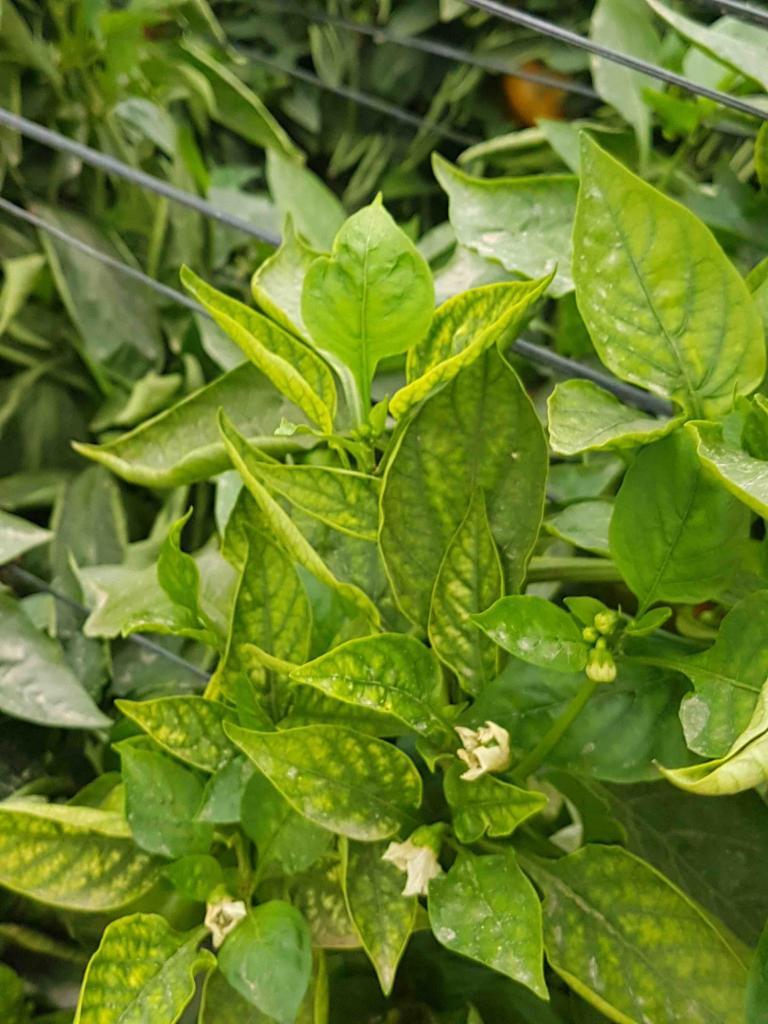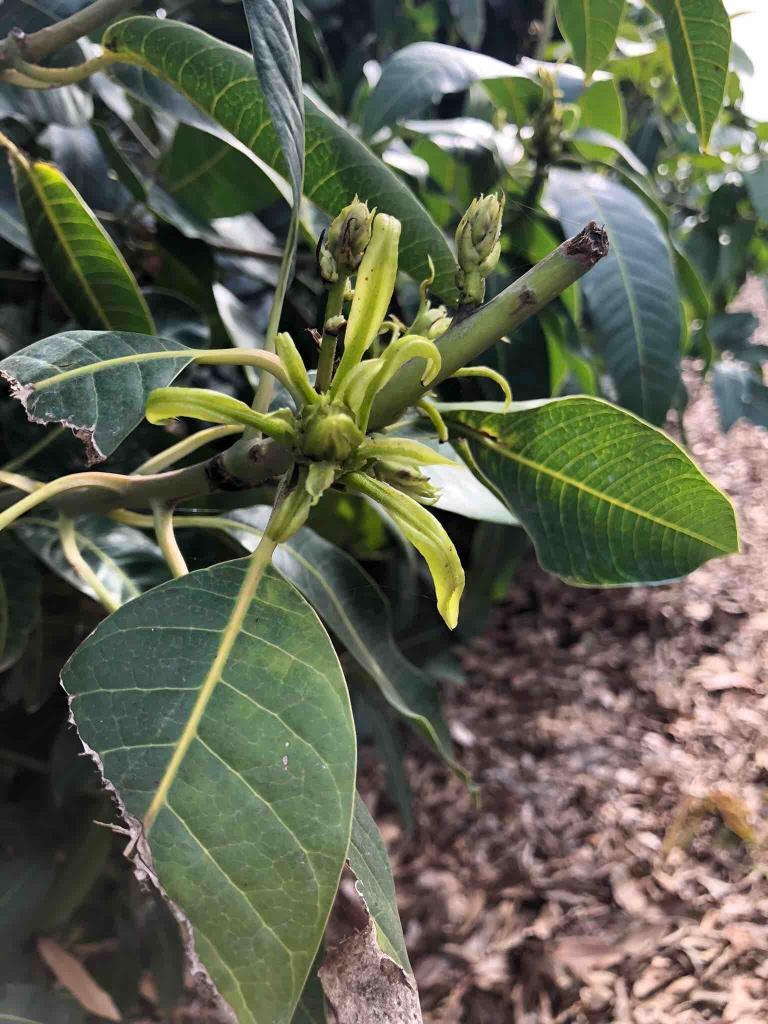Zinc Deficiency
The Initial symptoms include interveinal chlorosis on young leaves, which can be similar to those of iron deficiency. In later stages of zinc deficiency, newly emerged leaves will likely to be narrow and remain small. Symptoms that might occur as the severity level increases are shortening of the internodes, necrotic spots, and bronzing of the leaves.
Zinc is an important micronutrient needed in small quantities by all plants. Within the plant, it functions as an activator of enzymes and is involved in the producing the growth hormones. A zinc deficiency can result in poor plant growth and development.
The required level of zinc varies depending on the crop type and the deficit severeness. Two common correction options are: One is adding zinc sulphate (ZnSO4) or zinc oxide (ZnO) to the soil. Though, keep in mind that adding zinc to alkaline (high pH) soils may not solve the problem since zinc will likely remain unavailable to the plant. In such a case, it is known that the chelated form (Zn-EDTA) of zinc has an advantage over the inorganic form of zinc. The second is to spray applications of zinc sulphate or chelate.
*Names marked in red are considered to be highly poisonous to beneficial insects.
*Names marked in green are considered to be organic and IPM (integrated pest management) compatible.
Image Gallery


